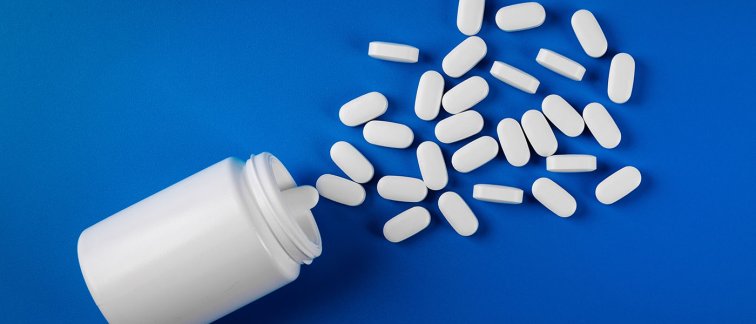Since the beginning of the pandemic, researchers have been studying existing drugs in their effectiveness in the fight of COVID-19. Researcher Jurjan Aman says: “In 2008 we found that leukemia drug imatinib inhibits vascular leakage in the lungs.” This leakage is one of the complications why COVID-19 patients need to be transferred to hospital and eventually to the ICU. “That’s why we wanted to study the effects of this drug in severe COVID-19 patients,” thus Aman.
Collaborative study
A randomized, double-blind, placebo-controlled, clinical trial was conducted in collaboration with twelve Dutch hospitals between March 31, 2020 and January 4, 2021. A total of 385 patients spread across these hospitals received imatinib or a placebo. Caregivers did not know which patient received the drug or the placebo. “We expected that all included COVID-19 patients would benefit from imatinib,” Aman said. “However, our study shows that the positive effects occur mainly in the severe patients with vascular leakage.” A follow-up study has been started to better understand these positive results.
WHO examines imatinib
Meanwhile, the World Health Organization (WHO) is going to study three existing drugs for people hospitalized with COVID-19 infections, including imatinib. This is recommended by Harm Jan Bogaard. The WHO wants to know whether the drug will help people survive the disease: International COVID-19 trial to restart with focus on immune responses (nature.com). Imatinib is also being tested within the international Corona research platform REMAP-CAP.
Read the study published in The Lancet Respiratory: Imatinib in patients with severe COVID-19: a randomised, double-blind, placebo-controlled, clinical trial
The other participating hospitals are: LUMC, Erasmus MC, Radboudumc, Spaarne Hospital, Northwest Clinicas, OLVG, Franciscus, Haaglanden Medical Center, Gelre Hospitals, Isala, Antonius (Sneek) and Catharina Hospital.

